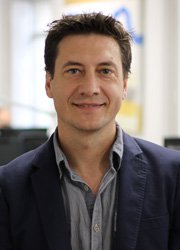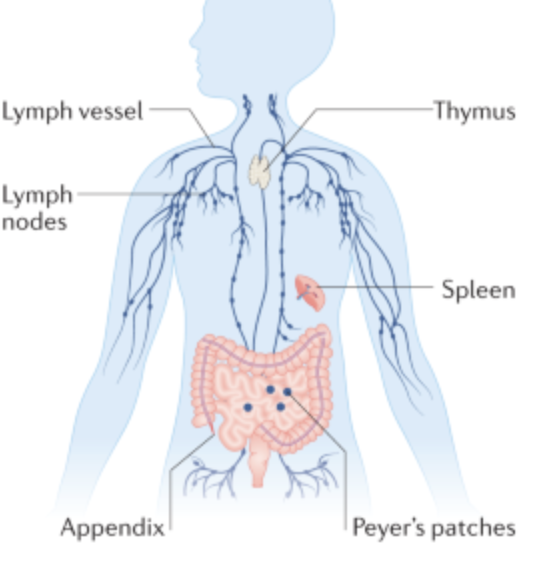
Neurotecnología y salud digital
Javier Mínguez (TU Unizar y CSO de Bitbrain)
Fecha: 28-02-2024
Hora: 14-16 h
Lugar: Aula A.06 del edificio Ada Byron
La neurotecnología aborda la conexión cerebro-máquina y todas sus aplicaciones. Esta disciplina se ha considerado en los últimos 20 años una tecnología profunda, y es ahora muy recientemente junto con el impulso de la inteligencia artificial cuando está empezando a penetrar nuestra sociedad. Salud y bienestar, videojuegos y automoción son algunos de los muchos dominios en los que está impactando. España no se quiere quedar atrás y se suma a esta creciente tendencia de investigación anunciando Spain Neurotech, un Centro de referencia con una financiación de 200 millones de euros que empezará su andadura en 2024.
En esta charla revisaré el trabajo de neurotecnolgía no invasiva de los últimos 20 años en la Universidad de Zaragoza y su spin-off Bitbrain. Revisaremos aplicaciones en neurorrehabilitación motora y cognitiva, veremos como se ha realizado la transición de la R&D a la innovación y producto, y finalmente abordaremos la nueva tendencia de salud digital “digital neurotherapeutics”. En este último punto abordaré los 5 ensayos clínicos que están corriendo en Aragón orientados a abordar la Demencia y que movilizarán más de 750 pacientes con unas 4.000 sesiones de intervención.
Abstract
The world is becoming unprecedentedly connected thanks to emerging media and cloud-based technologies. The holy grail of metaverse requires recreating a remotely shared world as a digital twin of the physical planet. In this world, the human is probably the most complex mechanical, physical, and biological system. Unlike computers, it is remarkably challenging to model and engineer how humans perceive and react in a virtual environment. By leveraging computational advancements such as machine learning and biometric sensors, this talk will share some recent research on altering and optimizing the human visual and behavioral perception toward creating the ultimate metaverse.
Bio
Qi Sun is an assistant professor at New York University, Tandon School of Engineering (joint with Dept. of Computer Science and Engineering and Center for Urban Science and Progress). Before joining NYU, he was a research scientist at Adobe Research and a research intern at NVIDIA Research. He received his Ph.D. at Stony Brook University. His research interests lie in computer graphics, VR/AR, vision science, machine learning, and human-computer interaction. He is a recipient of the IEEE Virtual Reality Best Dissertation Award.
